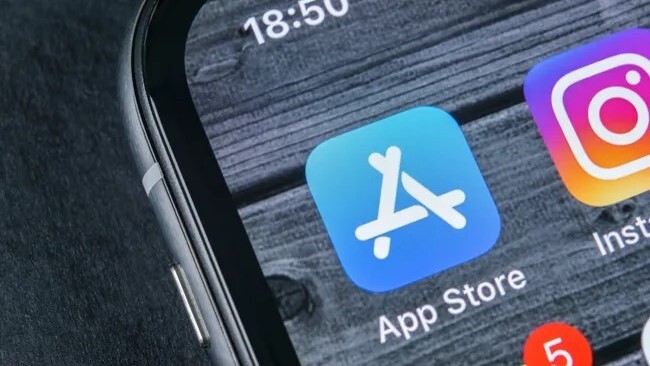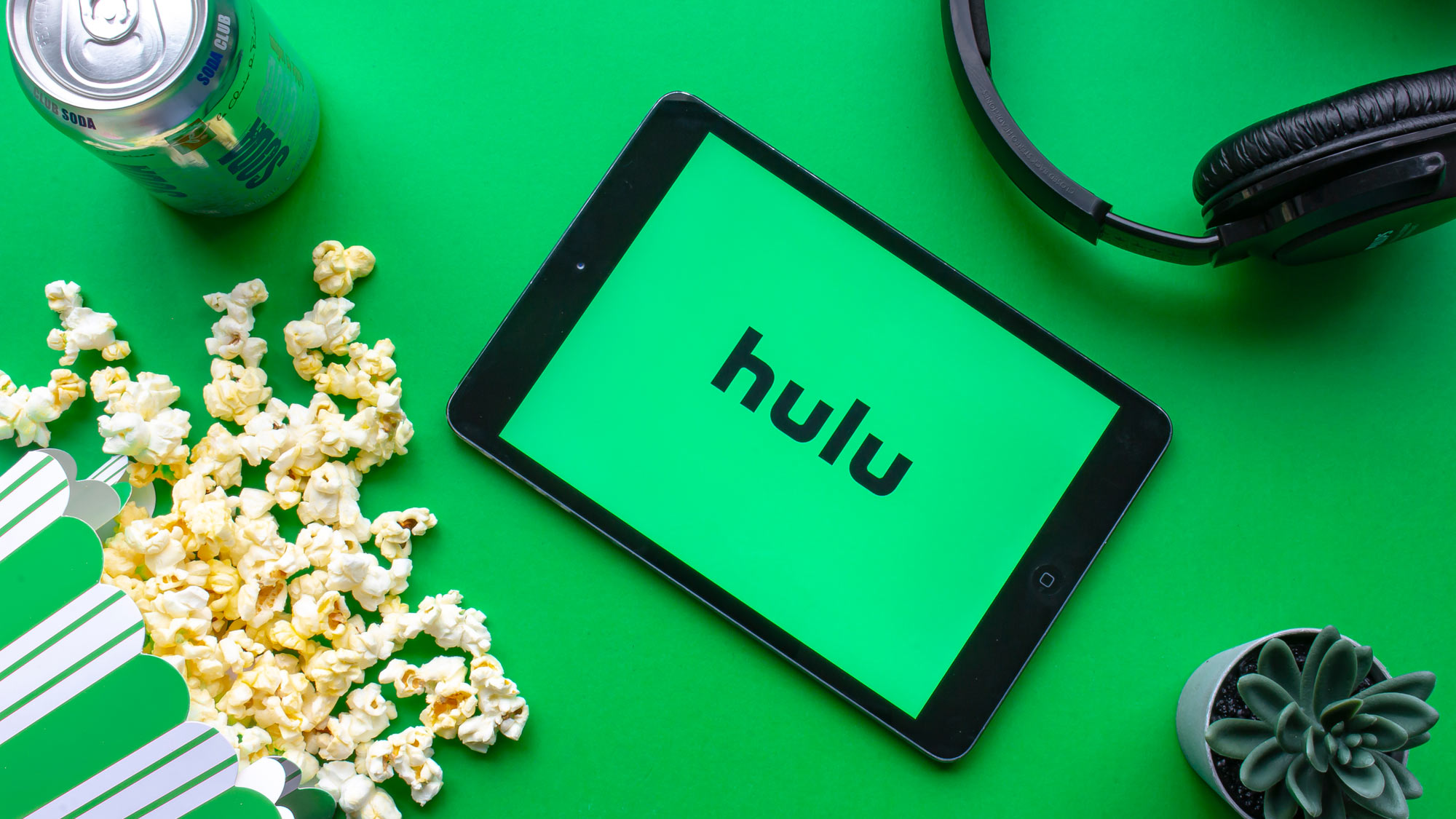Proton and other VPN providers demand Apple return VPNS to Russian App Store
Call to "take transparent and decisive action"

Earlier this year, under pressure from Russian authorities, Apple seemingly removed a host of popular VPN apps from its app store. Seen as an attempt by Russia at censorship, one of the best VPN providers as well as other heavy hitters in the VPN world have signed an open letter imploring Apple to reverse its decision.
Using a Russia VPN to get news from outside state-owned sources and securely access the internet in the country has long been common practice in Russia but the Putin regime is not a fan of this. Attempts have been made to ban VPNs in Russia for a while, but it was July's crackdown specifically that the open letter is referring to.
"Digital dictatorship"
Titled, "Open letter to Apple: Stop censoring Runet" the letter puts forward in the first line its desire to "call on Apple to take transparent and decisive action in response to Russian authorities’ requests and orders to remove Virtual Private Network (VPN) apps from its App Store in Russia."
It doesn't mince its words either, branding Russia a "digital dictatorship" and accusing Apple of deviating "from its own standards and policies." Some big names in the VPN world have lent their signatures to this letter including Proton, Amnezia VPN and Roskomsvoboda (the first public Russian digital rights organization).
Whether the letter will have any effect remains to be seen but it ends by asking for Apple "not to concede to the authoritarian Russian government’s efforts to suppress freedom of speech, and to instead restore all blocked VPN services on the App Store in Russia."
Some of the apps removed include Le VPN, Red Shield VPN, HideMyName, PlanetVPN and AdGuard VPN. In all, there are believed to be around 25 VPNs blocked in total.
Why is this important?
Given the current situation in Russia, ordinary citizens need to be able to access a wide range of media to form opinions for themselves. Propaganda and state-fed media will only peddle one narrative (particularly around the war in Ukraine) and citizens wanting to find out the truth will inevitably turn to the internet.
Using a VPN lets citizens spoof their IP address to access the internet like they were in another country, one without the extensive list of blocked websites in Russia. VPNs also encrypt your internet connection, giving users the confidence to talk without worry of state snooping. The App Store is one of the easiest ways to install VPN, and blocking that route makes it harder for ordinary people to stay in the loop.

As pointed out in the open letter to Apple, Russia needs VPNs desperately, but the government has seemingly pressured Apple into making them harder to access. In October 2023 Reuters reported that one senator claimed Russia was aiming to ban all VPNs in 2024. That was supposedly proven wrong in November 2023 when Russia updated the policy stating it would only ban VPNs which were a "threat" to security, based "on a decision by the expert commission" but these latest bans are very much on consumer VPNs used by ordinary people.
This is backed up by findings of Independent bodies Freedom House and Reporters Without Borders who both currently consider Russia to have some of the poorest media freedom in the world, and an "unfree internet".
Andy is a freelance writer with a passion for streaming and VPNs. Based in the U.K., he originally cut his teeth at Tom's Guide as a Trainee Writer before moving to cover all things tech and streaming at T3. Outside of work, his passions are movies, football (soccer) and Formula 1. He is also something of an amateur screenwriter having studied creative writing at university.
 Club Benefits
Club Benefits





